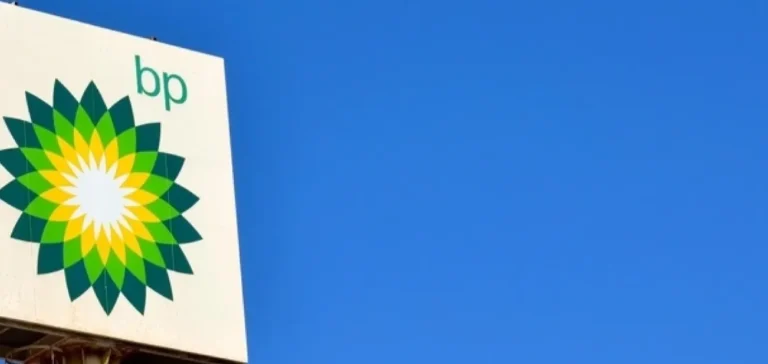BP has approved a $5 billion investment to develop Tiber-Guadalupe in the Gulf of Mexico. The development targets first production from 2030. It centres on a floating platform dedicated to the Tiber and Guadalupe fields. The initiative forms part of a refocus on hydrocarbons in the North American market.
Production capacity and technical parameters
The platform will have a capacity of 80,000 barrels per day. The fields are estimated at 350 million barrels of oil equivalent of recoverable resources. The location is about 480 kilometres southwest of New Orleans. It will be BP’s second installation in the region designed for ultra-high pressures of 20,000 pounds per square inch (psi).
Chevron Corporation was the first operator to produce at this pressure threshold with the Anchor project last year. In February, BP announced it would reduce investment in renewable energy and increase oil and gas production to improve performance and win back investors. The group has underperformed rivals such as Shell plc and Exxon Mobil Corporation in recent years, with rising debt. The company targets at least 400,000 barrels of oil equivalent per day (boepd) in the Gulf by 2030, compared with 341,000 boepd last year.
Development costs and standardisation
Tiber-Guadalupe’s development costs are expected to be lower than those of the nearby Kaskida project. Standardisation of equipment and processes is intended to shorten engineering and construction timelines. The configuration includes a floating unit tied back to deepwater wells, sized for 20,000 psi conditions. The company plans to reuse 85% of the Kaskida design, for a saving of about $3 per barrel.






















